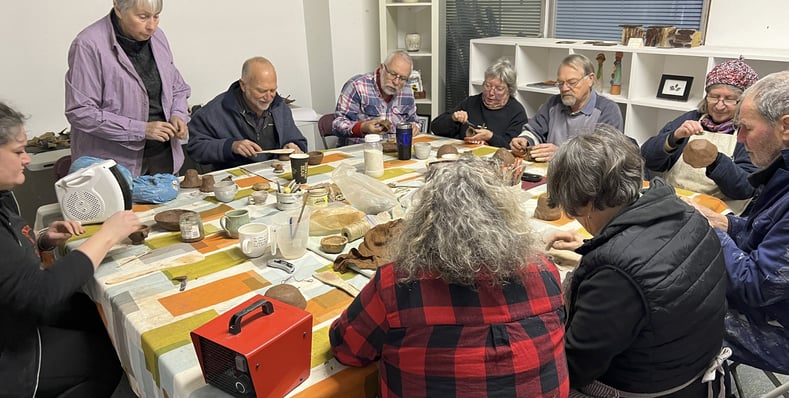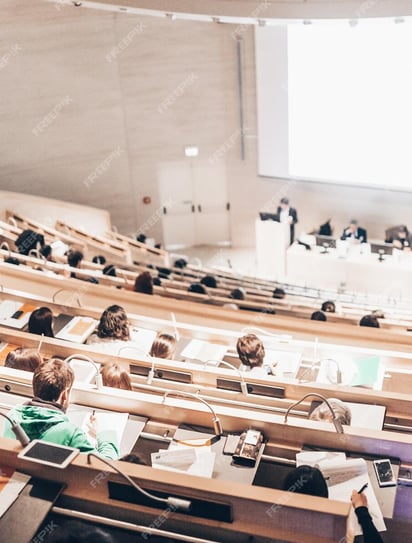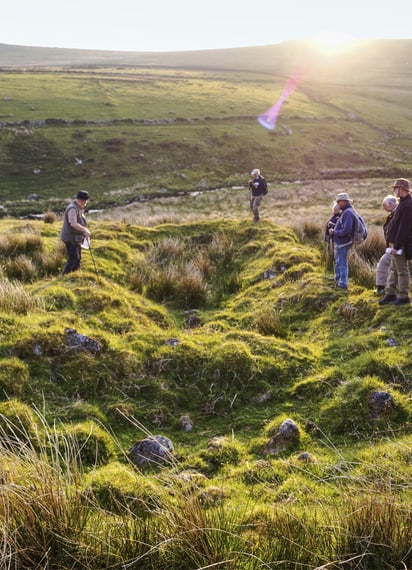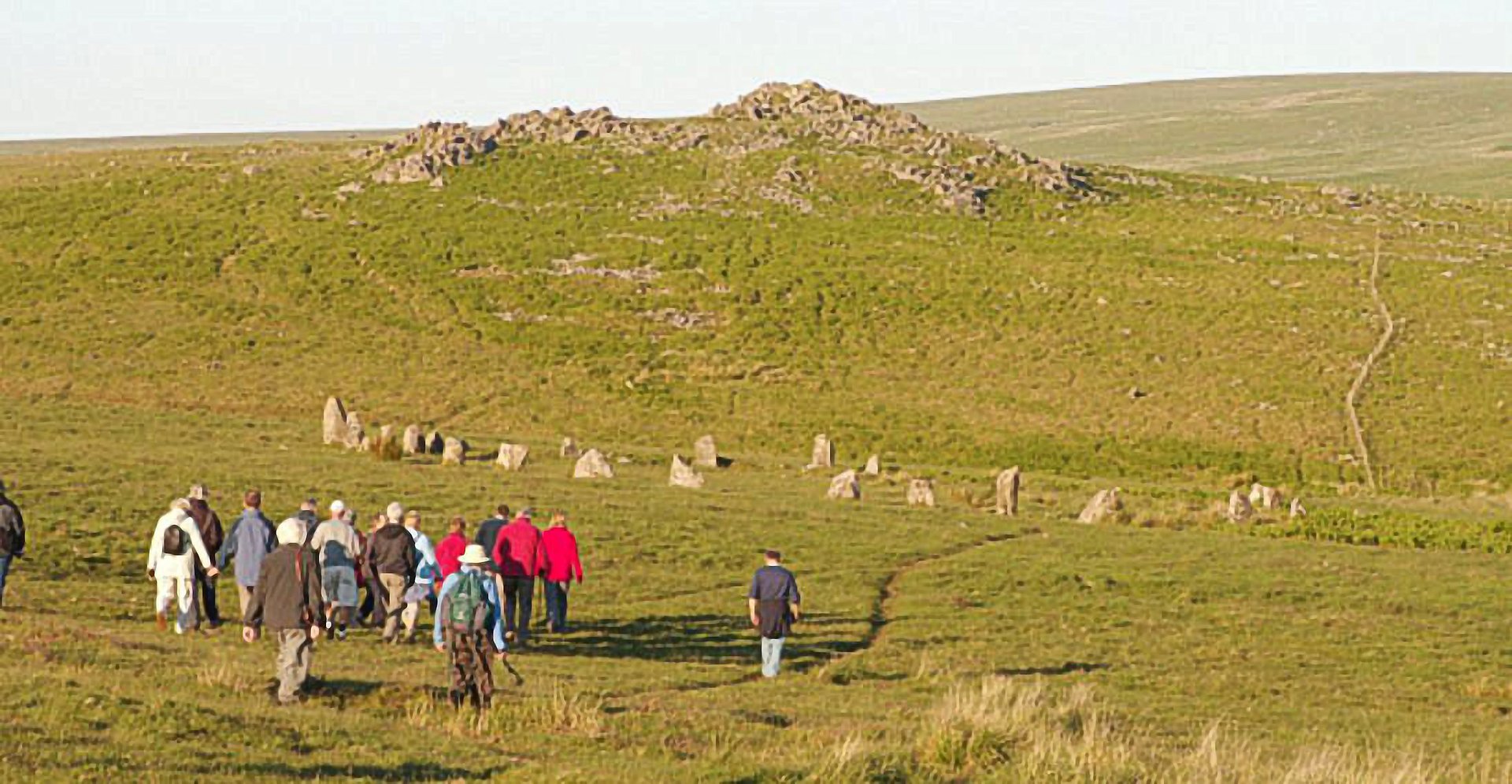
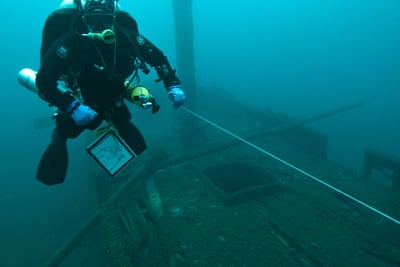

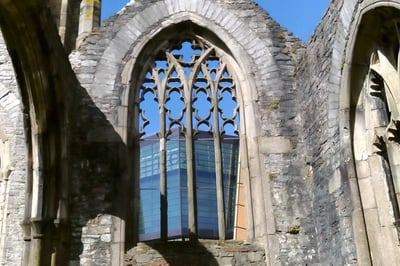

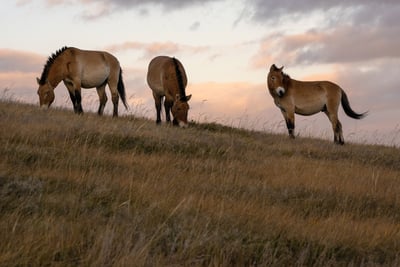

For Marine to Moor and Urban
Next Summer Walk
Monday 7th July. 18:00
Circular walk taking in Bolt Tail.
Andrew Crabb DNPA.
We will explore the fantastic promontory fort on Bolt Tail, discuss the recent community excavations of it's ramparts and interior. The archaeological test pit undertaken to inform future site management. We will also visit other areas of archaeological and historic interest on the headland and adjacent cliffs. We then head back to Hope Cove via the beautiful square of Inner Hope.
Meet at OS SX6752139662. W3W: supper.admires.seabirds.
Winter Lecture Programme
A series of monthly lectures from October to April each year
Summer walks
Monthly visits to sites of archaeological interest
